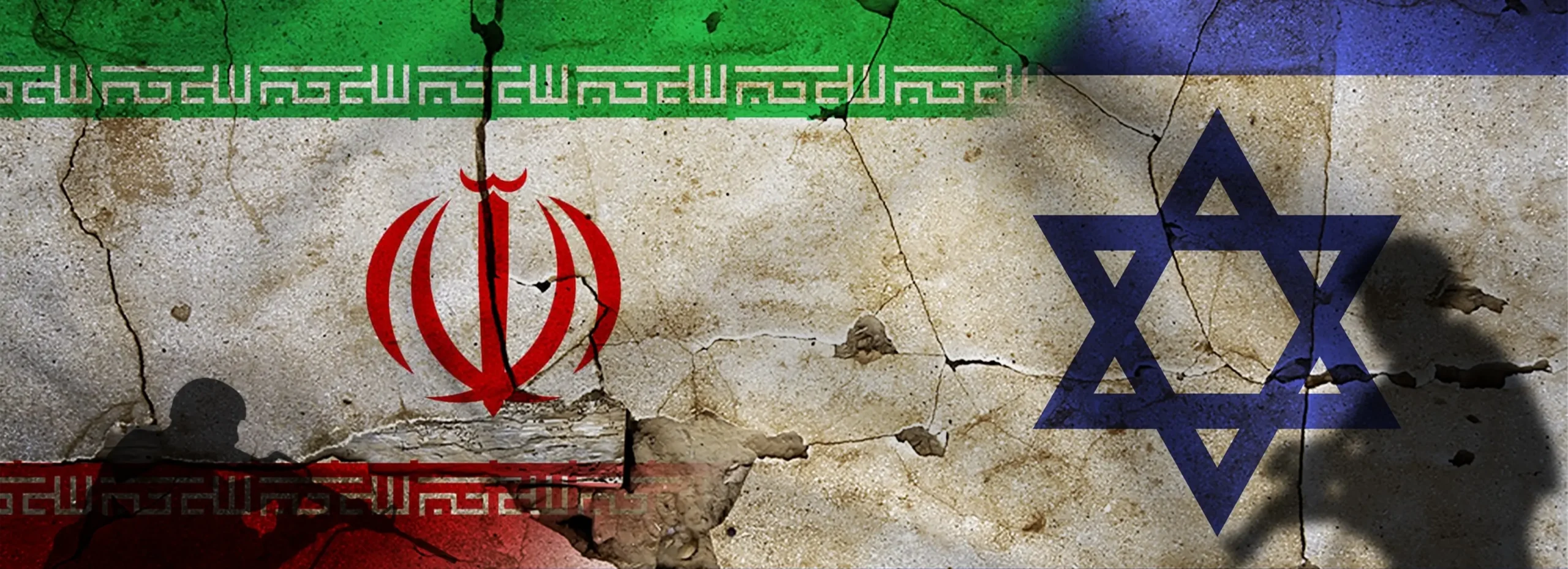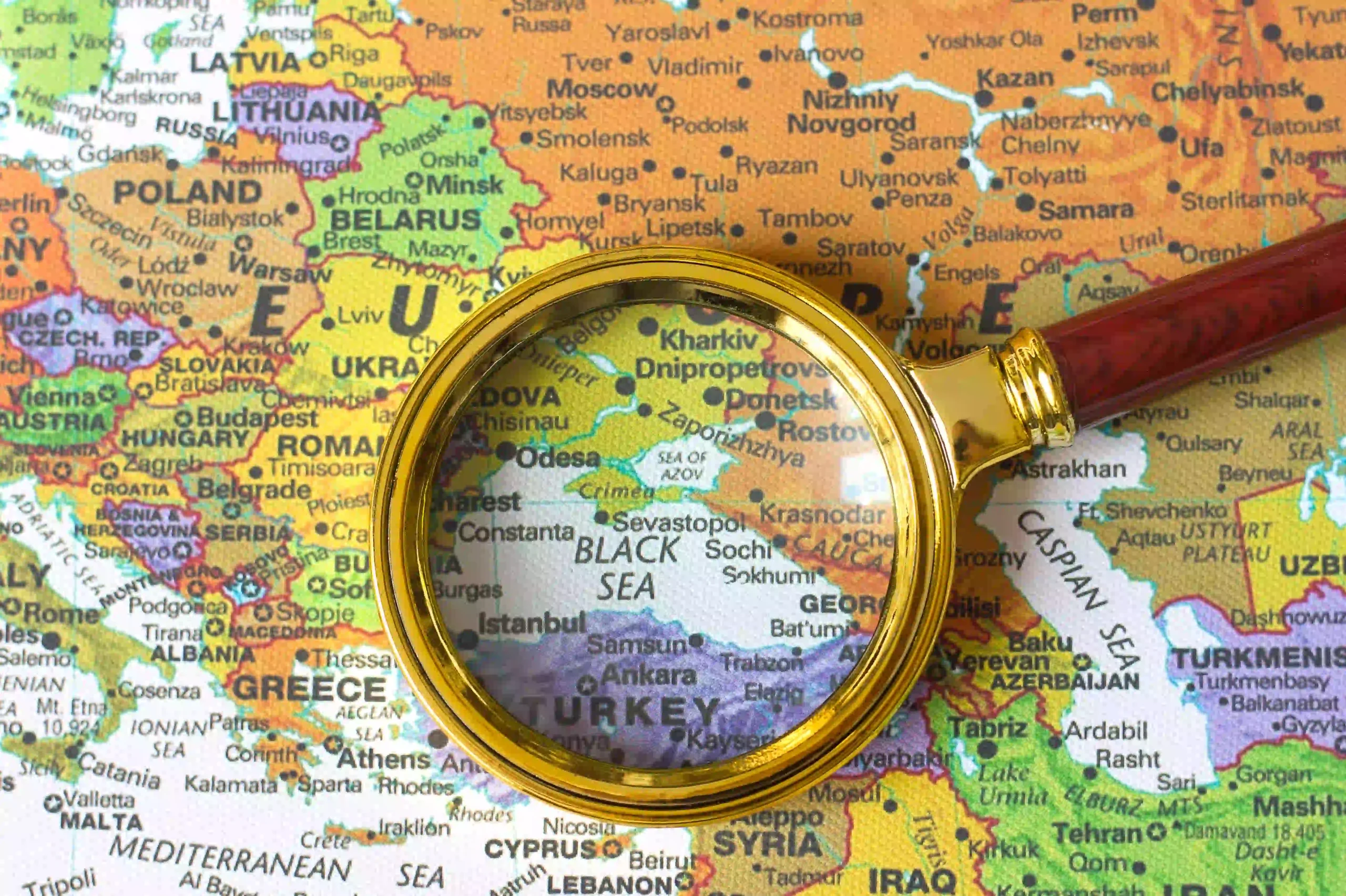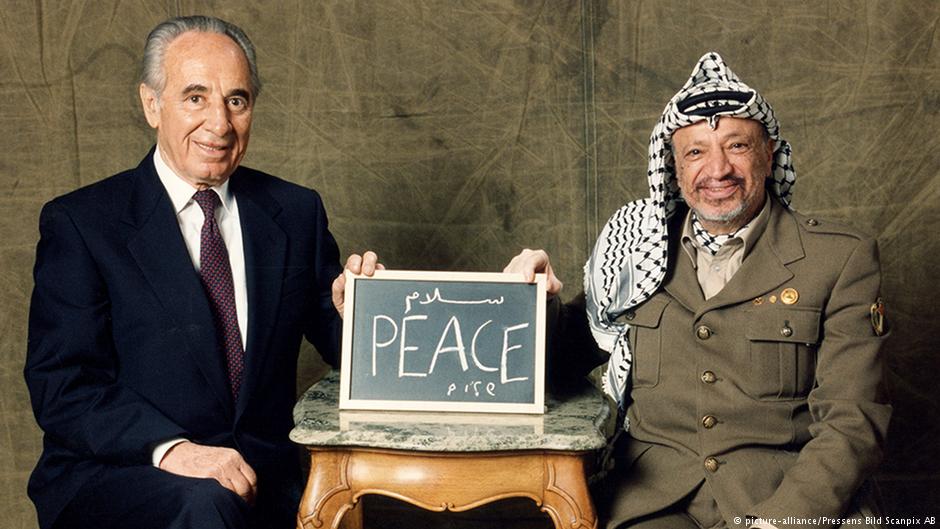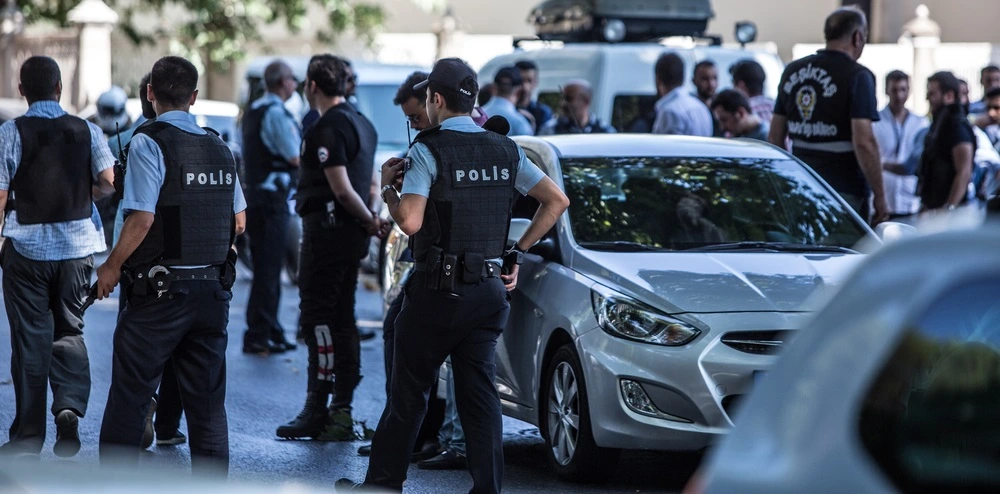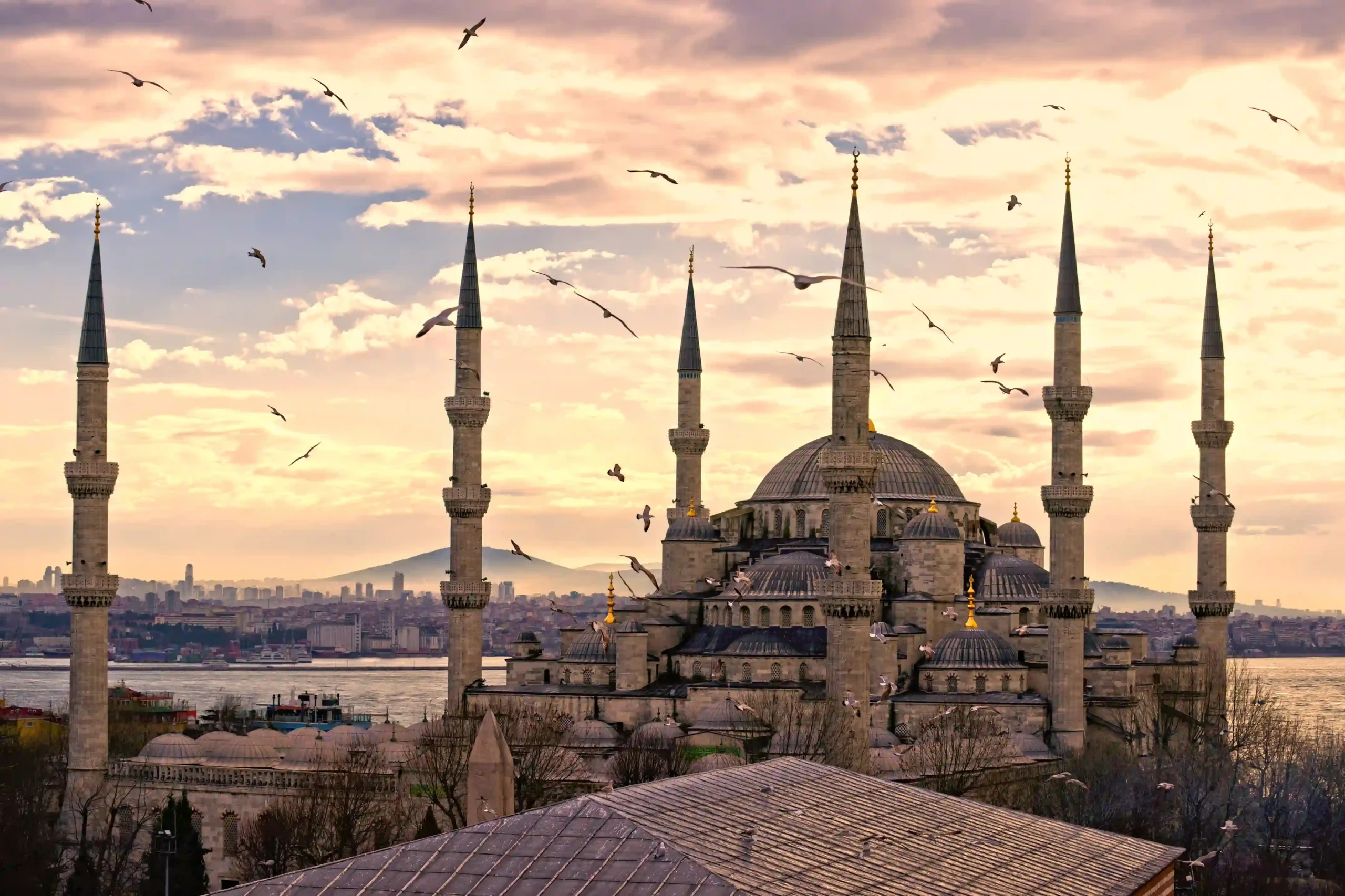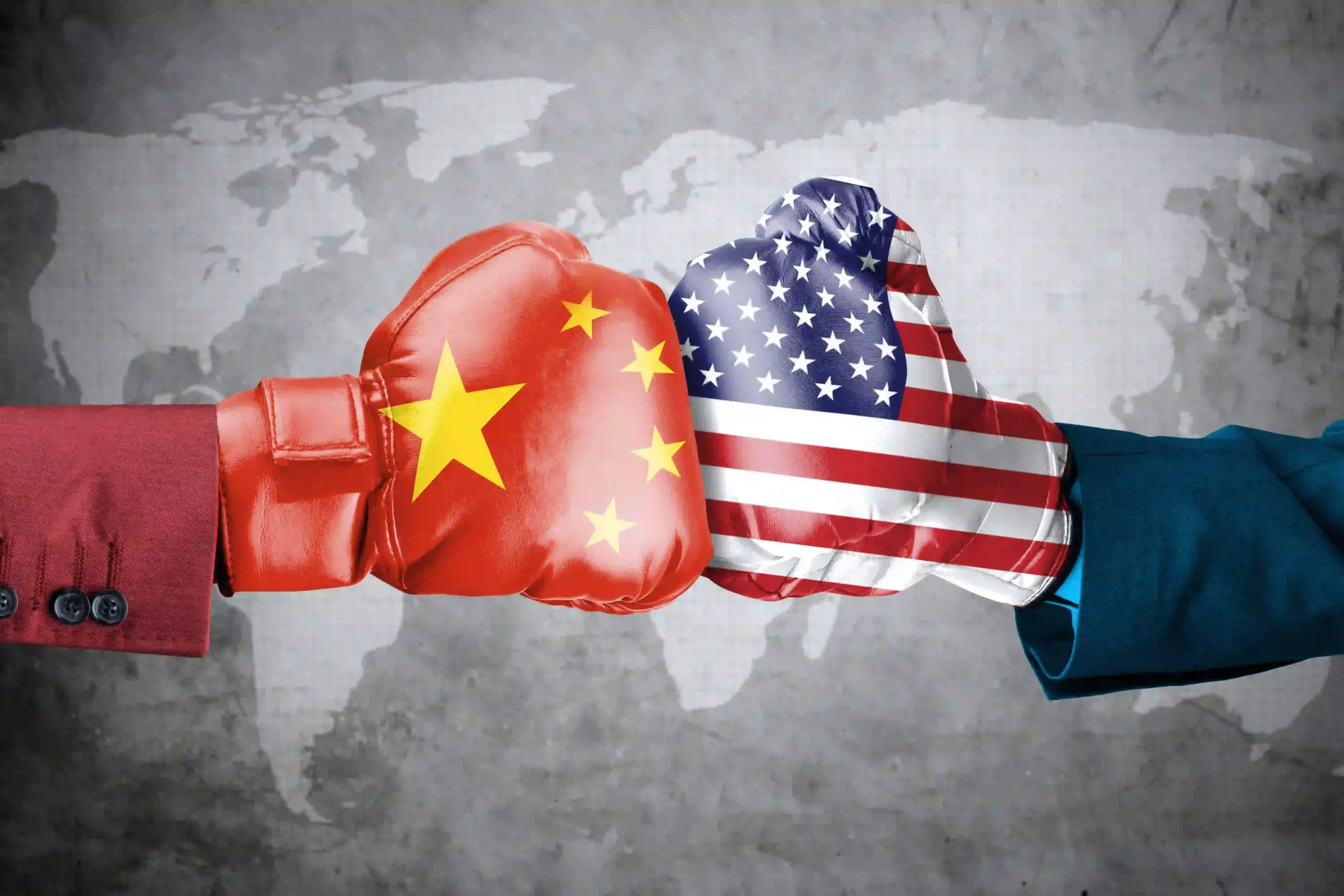22 Apr 2024
The War on TikTok: Security Concerns and Anti-Semitism
Social media has played a pivotal role in reshaping the narratives of the Palestinian-Israeli conflict since the outbreak of Oct. 7. The dissemination of news and information now extends far beyond traditional media outlets. Instead, social media platforms have emerged as potent influencers, surpassing the resonance of weapons and delineating a global divide between Israel and Palestine. These platforms have become arenas of contention, with users segregating into supporters and opponents, rendering them susceptible to content-related pressures amid the war. The war on Gaza has once again thrust TikTok into a heated discourse regarding the application's dangers and impact as a global forum for ordinary individuals to voice their opinions while also serving as a battleground for political factions to vie for narrative control. This debate assumes added significance as the audience of traditional news outlets continues to dwindle.
Recently, numerous TikTok videos concerning the war on Gaza garnered widespread attention, accompanied by pro-Palestinian hashtags, prompting Israeli President Isaac Herzog to engage in discussions with TikTok executives in February 2024. Expressing apprehension over the surge in antisemitic content on the platform since the onset of the Israeli war on Gaza, they assured President Herzog of their commitment to address the issue in the future . In a related context, social media companies based in the United States have already demonstrated a readiness to censor pro-Palestinian content. Human Rights Watch, in its December 2023 report, documented over 1,050 instances of content removal and suppression on Instagram and Facebook by Palestinians and their supporters between October and November 2023.
In this context, U.S. legislators, conservative activists, and technology investors have voiced calls to ban TikTok in the U.S., citing escalating concerns. These calls gained significant traction on March 13, 2024, when the U.S. House of Representatives overwhelmingly voted in favour of a bill. The bill places ByteDance, the parent company of TikTok, with two options, both fraught with implications: either sell the application to a U.S.-based company or confront a ban on distribution through significant platforms and application stores. President Joseph Biden voiced his backing for the bill and signalled his readiness to sign it into law pending Senate approval. However, the U.S. initiative this time brings forth broader concerns beyond national security, encompassing the application's ramifications on Israel's reputation. The country's standing has been damaged due to the swift dissemination of content depicting Israel's crimes against civilians in the Gaza Strip.
This analysis aims to elucidate the reasons behind the shift in the U.S. perspective on TikTok, moving from security concerns to the perception of promoting antisemitism. What repercussions would the embargo have on both the United States and Israel?
17 Apr 2024
The Fallout of Escalating Iranian-Israeli Tensions
The Iranian Revolutionary Guard's Air Force made a historic move by launching a direct assault on Israel in an operation dubbed "The True Promise," marking the first instance of such an attack originating from Iranian territory. Late on Saturday, April 13, 2024, Israeli cities were subjected to a relentless barrage of drones and ballistic missiles, signalling a significant escalation in tensions between the two nations. This offensive action follows Iran's earlier pledge to retaliate against Israel for its targeting of the Iranian consulate in Damascus, an incident that resulted in the deaths of seven Revolutionary Guard members, including two high-ranking leaders, on April 1.
This calculated escalation underscores Iran's unwavering commitment to defending its sovereignty and national interests while bolstering regional security. The global spotlight now shifts to the scale, sophistication, and broader implications of Iran's strike against Israel.
The Iranian assault on Israeli soil marks a pivotal moment in the ongoing conflict between the two adversaries, thrusting their hostilities from the shadows into the open arena of direct confrontation.
Against this backdrop, the Israeli response hinges on several key factors. Firstly, the extent to which Iranian proxies, such as the Houthis and Hezbollah, may actively participate in the conflict will influence Israel's strategic calculus. Secondly, the response will be shaped by the presence or absence of casualties among Israeli forces, as well as the effectiveness of its defence systems, bolstered by support from the United States, in mitigating potential damage. Lastly, how Israel opts to retaliate will be of paramount importance in determining the trajectory of the conflict.
Consequently, this analysis aims to elucidate the attack's ramifications and its economic repercussions on the parties involved in the conflict.
22 Mar 2024
Will Netanyahu Conscript the Haredim?
This article was originally published on Ahram Online on Mar. 22, 2024.
The question of conscripting Ultra-Orthodox Jews, commonly known as Haredim, into the Israeli military has once again taken centre stage. This resurgence in debate follows calls by secularists, supported by several war cabinet members, including Defence Minister Yoav Gallant. During a press conference on Feb. 28, they advocated for amending conscription laws to include the Haredim.
The urgency behind these calls is fuelled by various challenges Israel currently faces. These include a labour shortage exacerbated by the ongoing Israel-Hamas War and tensions along the northern border with Hezbollah. The potential inclusion of Haredim in military service has sparked significant controversy within the Haredi community. Chief Sephardi Rabbi Yitzhak Yosef even issued a warning of a mass exodus of Haredi Jews from Israel if conscription becomes mandatory.
This latest call reignites an enduring conflict within Israeli society, rooted in the exemption privileges historically granted to Haredim. The issue remains unresolved due to the influence of religious parties, the political considerations of prime ministers, and the social dynamics within Israeli society. The exemption policies have long been a contention, particularly among secular citizens. Tensions escalated during the costly mobilisation efforts for the Israel-Hamas War, with over 66,000 Ultra-Orthodox youths exempted from military service in 2023 alone. This disparity has led to increased demands for the inclusion of Haredim in the military service, especially given the multiple security threats faced by Israel since Oct. 7.
Prime Minister Benjamin Netanyahu's return to power in late 2022 alongside the right-wing bloc underscored their determination to challenge conscription policies. Netanyahu's efforts to amend the Judicial Authority Law, dubbed "judicial reform", were met with widespread opposition from the secular community, leading to massive demonstrations.
These amendments aimed to circumvent a 2017 Supreme Court ruling that invalidated legislation preventing Haredim's conscription. Despite government concessions, including multiple deferments of recruitment deadlines, the issue remains unresolved. As the latest extension is set to expire on Mar. 31, a looming question remains: Will Netanyahu conscript the Haredim?
10 Mar 2024
Macron’s War Rhetoric and his Desperate Quest for Prestige
“Nothing should be ruled out” said French President Emmanuel Macron when asked about possibilities of sending troops to Ukraine. By speaking about going to war, Macron may have aimed to dispel a long-standing joke about the French always surrendering. However, both French and NATO leaders have publicly rejected the idea of sending European or alliance troops to Ukraine. Prominent figures such as U.S. President Joseph Biden, German Chancellor Olaf Scholz, Polish Prime Minister Donald Tusk, NATO Secretary-General Jens Stoltenberg, and others have asserted that such action is not on the table. The widespread domestic and regional opposition implies that even if Macron was genuinely considering sending troops to Ukraine, he would not receive the necessary support for such a radical decision.
5 Mar 2024
How Europe Alienated Farmers and Revived Populism
This article was originally published on Ahram Online on Mar. 4, 2024.
Farming and food have become two of Europe’s most emotionally charged issues. The farmers protests that have been erupting across the EU this year are finally getting much sought after attention. But farmers have been expressing their discontent with EU policies for years and now, with a broader cost-of-living crisis, the discontent is spreading as European’s socio-economic anxieties rise. From favouring corporate interests to mishandling crises, European policies have presented populist and far-right forces with a new opportunity to pull in more voters —and it’s proving successful.
22 Feb 2024
Turkey: Reaping the Rewards of a Turbulent Black Sea
Since the 16th century, the Black Sea has always been a lake of tensions. Contrary to the Wars of The Holy League, in which the Ottoman Empire witnessed its first territorial loss, the contemporary situation signals Turkish gains in the region. The ongoing war in Ukraine has revived the Montreux Convention which gives Ankara the higher hand in the Black Sea and led other NATO members to appreciate the indispensable Turkish role. Recently, developments in the Black Sea ranging from decaying Russian power to Western apprehension are offering Ankara some Turkish delights.
5 Feb 2024
Navigating the Two-State Solution: Balancing Possibility and Hope in the Palestinian Cause
The Palestinian-Israeli conflict stands as one of the world's most intricate and pressing issues, marked by enduring conflicts between Palestinians and Israelis, with potentially dire consequences that could escalate into a regional war. In 1993, both Yasser Arafat, leader of the Palestine Liberation Organisation, and Israeli Prime Minister Yitzhak Rabin embraced the two-state solution, leading to the signing of the Oslo Accords. The essence of these agreements aimed at establishing two states, one for Palestinians and the other for Israelis, as a pivotal step toward a conclusive resolution to the prolonged and costly conflict. Unfortunately, the intended implementation of these agreements faltered, resulting in failed efforts and the division of Palestinian society between Fatah in the West Bank and Hamas in the Gaza Strip. Instead of fostering confidence, Israeli positions hardened toward Palestinians, leading to a surge in settlements in the West Bank and east Jerusalem. Currently, approximately 700,000 Israelis reside on lands designated for the Palestinian State, contributing to a decline in both regional and global interest in the matter.
The Palestinian cause regained global prominence with the events of October 7, marking the end of a three-decade stagnation and a background role amid the Arab Spring and subsequent regional and global crises. The Israel-Hamas War raised international concerns about the potential escalation into a regional war. It heightened fears of derailing the Middle East peace process, particularly the "two-state solution." Israeli officials have recently declared that this option no longer exists, despite opposition and warnings from some of Tel Aviv's closest allies, notably Washington.
These indicators underscore the notion that stability in the Middle East hinges on a resolution to the Palestinian cause that aligns with the national aspirations of the Palestinian people. Consequently, discussions surrounding a two-state solution have resurfaced as the optimal proposal to end the conflict, serving as an alternative to the right-wing expansion and settlement policy on the West Bank. Such a policy could potentially isolate and compromise Israel's security while significantly depleting its military and financial resources. Hence, this analysis addresses the crucial question: Is the two-state solution still viable given the current circumstances?
29 Jan 2024
Decoding the Istanbul Church Attack
This article was originally published on Ahram Online on Jan. 31, 2024.
The attack on the Santa Maria church in Istanbul is the first attack on Turkey claimed by IS since 2017. According to the Islamic State's statement, the attack was a response to one of its leaders instructing for the attack on "Jews and Christians". However, the end goal of the attack remains unclear and that raises questions about the legitimacy of IS’s claim. Over the last decade, the world has witnessed a sharp rise in terrorist attacks often claimed by terrorist groups striving to establish their relevance and influence over international politics. In fact, between 1998 and 2016, an estimated 16% of attacks were falsely claimed.
30 Nov 2023
The West Polarised: Impact of the War in Gaza
Ramifications of the Israeli-Hamas War have not been confined within Gaza or the Middle East’s borders. Polarisation over the Palestinian cause has reached a new character especially in the Western world where such a trend has never been as deep. Cracks within governments and societies can be traced to a volatility of values, exposure to social media, and demographic changes. With such an unprecedented divide over Western governments tolerating Israeli impunity in Gaza, the West is faced with a moral dilemma which might cost it it’s claimed “moral superiority”.
18 Oct 2023
Hannibal Protocol: Will Israel Burn Hamas’s Leverage?
The emergency government of Israel has taken decisive steps, announcing its intent to declare war and initiate comprehensive ground invasion preparations in response to the recent incursion by Palestinian factions on October 7, 2023. This incursion targeted over 20 locations surrounding the Gaza envelope. It resulted in the capture of numerous Israeli soldiers and officers stationed along the front lines in the Gaza Strip's secure zones. The present prisoner crisis is one of the most severe episodes in the long history of confrontations between Israel and Palestinian factions.
12 Oct 2023
Shifting Seas: Changing Directions of Animosity in Turkish Society
While hosting approximately four million Syrian refugees, Ankara no longer maintains its previous reputation as a warm and welcoming host. A series of events have indicated a growing trend that can be described as "Anti-Arabism," while simultaneously, the historical animosity towards Jews is waning. It is suggested that the former trend may be feeding into the latter. Due to a substantial influx of migrants and a challenging economic situation, refugees of Arabic descent appear to have become scapegoats, surpassing Jews as the primary target for hate speech and hostility in the country. These two trends might be interconnected, and understanding their underlying factors and the evolution of this phenomenon demands careful consideration.
31 May 2023
Great Power Competition and Rebalancing Acts in the Middle East
Many analysts argue that Washington is losing its position as the only global hegemon with the rise of other Great Powers in the international arena. The relative demise of the American superpower paves the way for the end of an exceptional era of a Uni-Polar system and the rise of either a Bi-Polar or a Multi-Polar one. Arguments usually revolve around the rise of Russia and China as the main rivals to the United States. However, in this analysis, we argue that the Russian side is better to avoid being considered for such a competition for being involved in a hectic war which requires a sweeping victory for Moscow to compensate for heavy economic losses. China, on the other hand, is gaining momentum on the diplomatic and, to a lesser extent, the security front as new territories for Beijing ever to set foot on. Nevertheless, it is also the case that Washington is still maintaining its supremacy in major arms sales. The Middle East proved to be of paramount importance in the competition among great powers. With Beijing, Washington, and even Moscow trying to gain some influence, countries of the region have been shifting their foreign policies to be more independent to maximise benefits from the newly established world order. Accordingly, they are playing the rebalancing game which stipulates balancing powers mainly between the United States and China.

